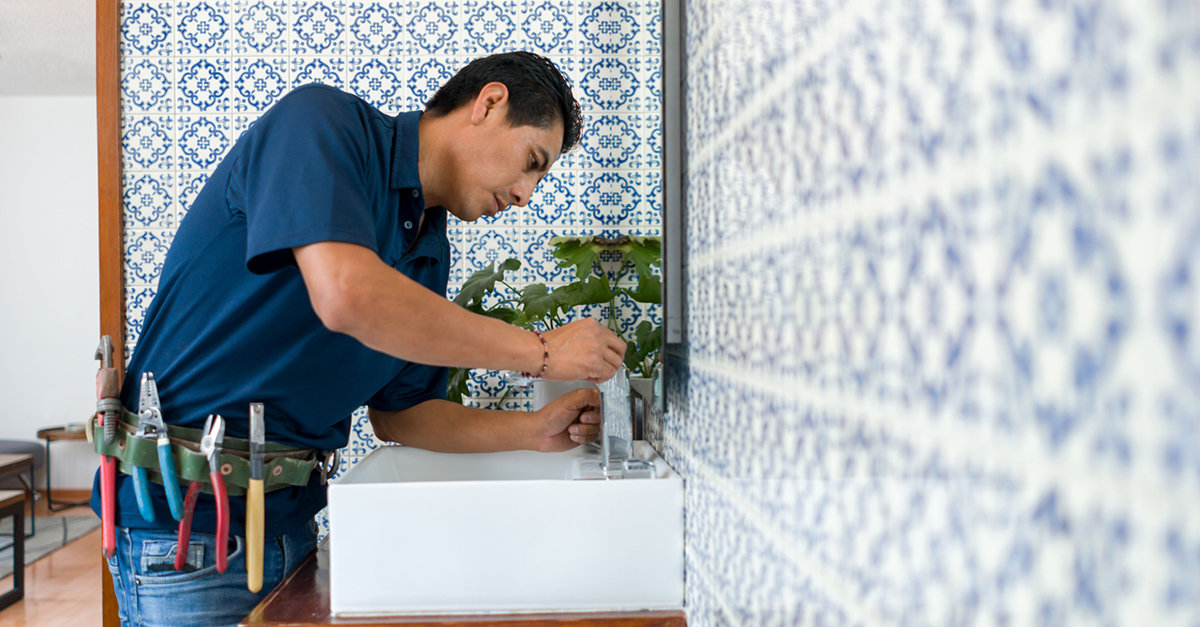Four Tips to Help You Recognize Home Improvement Scams
BY
Anywhere Integrated Services
.
June 20, 2023

The pandemic saw an increase in home improvement projects, with more people at home than ever looking to upgrade their property. However, according to the Inspection Report Network, during 2020-2021, home improvement scams also peaked that year with 44,000 reported cases.
For context, between 2015 through 2017, the number of home improvement and repair scams reported to the Federal Trading Commission (FTC) hardly exceeded 3,000 per year. The spike during the pandemic of home improvement scams has cost victims a median amount of $1,700, which is 3.5 times the amount lost to all other scams ($500). The more widespread these scams become, the higher the chances are for you to encounter unethical home remodeling contractors.
Protect yourself from being a victim of a home improvement scam with these four tips:
1. Special or Limited-Time "Deals"
Any pressure placed on a homeowner to rush into a project to receive special discounts should raise a red flag. Well-established, reputable contractors may certainly offer savings, but they shouldn’t put a short deadline on pricing or signing a contract for work.
2. Door-to-Door Solicitors
Some scammers show up at the door with a story about working just down the street and noticing that the homeowner needs work done. This is a very common ruse and one that is, unfortunately, often successful. You should never accept this approach at face value; thorough vetting of such offers and the contractor presenting the offer is a must.
3. Advance Payment Demands
The requirement to pay for a project in full before work can begin is a deal-breaker. Down payments for materials and initial labor, and phased payments as work is completed, are standard practices, but no ethical contractor would expect you to risk 100 percent of your money before any work is started.
4. Unverified Licensing or Insurance
Anyone can show a homeowner paperwork and references that appear to be in order, but it is critical that all credentials are verified. The key to a successful project is identifying the right contractor to work for you. Getting references from neighbors and friends is not enough. It is important to make sure that any contractor you plan to work with has been fully vetted, including verification of licensing, available insurance coverage, proven financial stability, and quality of prior work completed.
For more information on the prevalence of home improvement scams throughout the country, please visit Inspection Report Network.
Sources: Inspection Report Network
*Adapted from an article published by RISMedia
This material is meant for general illustration and/or informational purposes only. Although the information has been gathered from sources believed to be reliable, no representation is made as to its accuracy.







